Mental Health Consultants
Production Support - Film Advisers - Welfare
Courses - Online and Face to Face
Our Mental Health First Aiders (MHFA) are available on set to support any cast and crew who may experience a mental health issue or emotional distress during production.
From having an initial conversation through to supporting the person to get appropriate help in a crisis, MHFAs also provide valuable early intervention for cast and crew who may be developing a mental health issue.
How our MHFAs can help
Even before COVID-19, there was a growing mental health crisis in the UK - with one in four adults
experiencing mental illness each year.
Our confidential MHFAs can support your next production with:
- in-depth understanding of mental health and the factors that affect mental wellbeing
- recognising the triggers and signs of mental health issues
- supportive, non-judgmental conversations with colleagues who may be experiencing a mental health issue or emotional distress
- knowledge to help someone recover their health by guiding them to appropriate further support - whether that’s self-help resources, internal support systems such as EAPs or in- house counselling services, or the NHS
- assessing the risk of suicide or self-harm.
Research
In 2019 research by the film and TV charity, Looking Glass, found that out of 5,000 respondents, nearly 9 in 10 had experienced a mental health problem. This was well above the 65% UK-wide figure. Most alarming was that more than half of the respondents had considered taking their own life.
Working all hours
More recently, very long working hours have been reported, with 39% of the film and TV workforce saying they work more than 50 hours a week - in 2019, this was 29%. 1 in 6 people are also working 60+ hour weeks, compared with the UK average of 1 in 50.
And 78% say that work intensity is having a negative impact on their mental health, compared with 63% in 2019.
"People that run the companies need to realise they have responsibility to people that work for
them. The only way you will do your job well is if you feel safe and secure, confident, and have time
to sleep”
Looking Glass ’21 Report
How common are
mental health problems?
In any given week in England, people are diagnosed with:
- Mixed anxiety and depression: 8 in 100 people
- Generalised anxiety disorder (GAD): 6 in 100 people
- Post-traumatic stress disorder (PTSD): 4 in 100 people
- Depression: 3 in 100 people
- Phobias: 2 in 100 people
- Obsessive-compulsive disorder (OCD): 1 in 100 people
- Panic disorder: fewer than 1 in 100 people
A person diagnosis may change several times during their life. Some complex conditions are measured by how many people will be given this diagnosis over the course of their lifetime, or in any given year:
- Antisocial personality disorder (ASPD): 3 in 100 people (in their lifetime)
- Borderline personality disorder (BPD): 2 in 100 people (in their lifetime)
- Bipolar disorder: 2 in 100 people (in their lifetime)
- Psychotic disorders (including schizophrenia): fewer than 1 in 100 people (in any given year)
But estimates for these diagnoses can vary quite a lot. Also, personality disorder and schizophrenia are controversial diagnoses. These labels can be stigmatising. And many people feel that they shouldn't be used at all.
Suicidal Thoughts and
Self-Harm
Suicidal thoughts and self-harm aren’t mental health diagnoses. But they are related to mental health. Over the course of someone’s lifetime.
- 1 in 5 people have suicidal thoughts
- 1 in 14 people self-harm
- 1 in 15 people attempt suicide
Source: mind.org.uk


